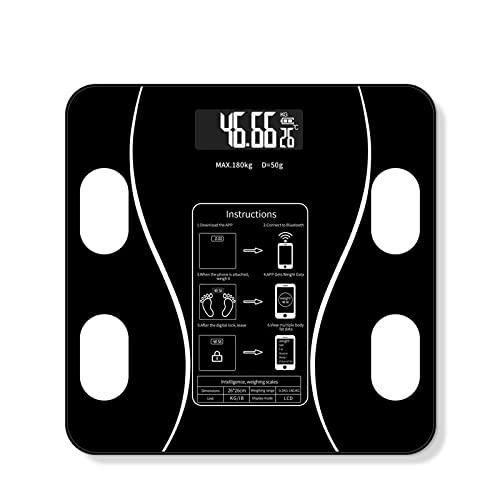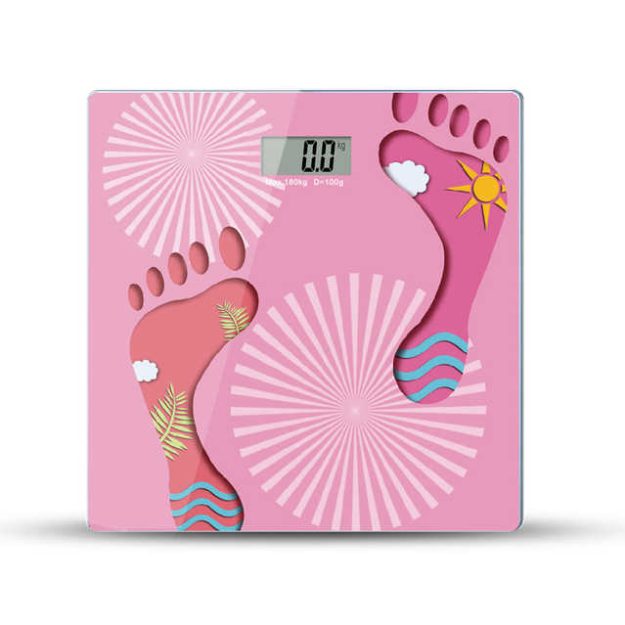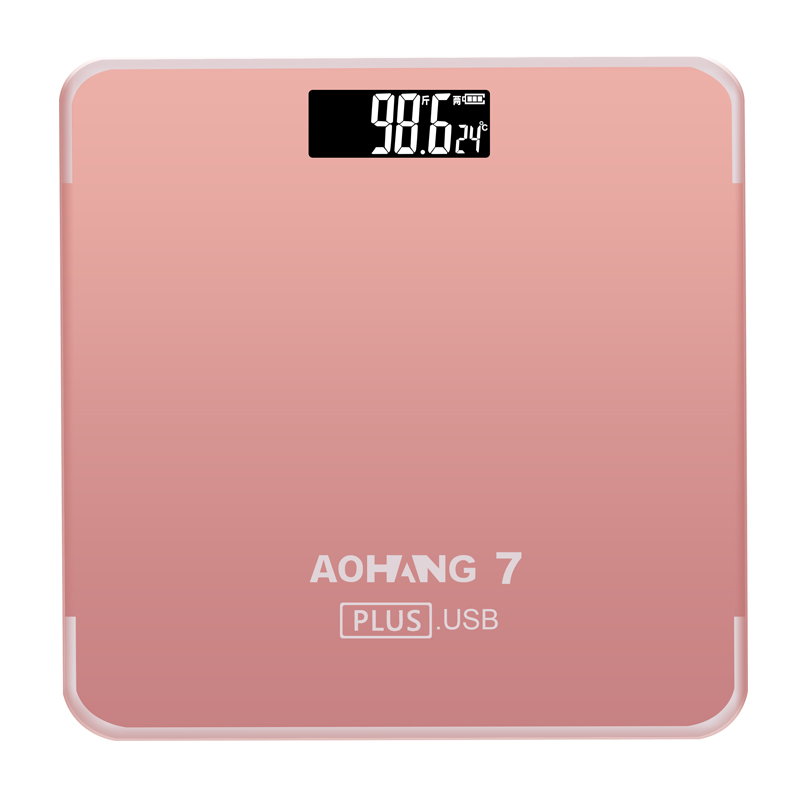Tabletop Manual Weighing scales. Tabletop manual weighing scales are indispensable tools for precise weight measurement without the reliance on electronic components.
These scales, favored for their reliability, simplicity, and cost-effectiveness, are used across various sectors including retail, laboratories, kitchens, and industrial settings.
In this detailed meta description, we will explore the features, benefits, applications, and key considerations for choosing tabletop manual weighing scales, with a focus on their relevance and utility in Uganda.
Overview of Tabletop Manual Weighing Scales
Tabletop manual weighing scales, also known as mechanical scales, utilize springs or balances to measure weight.
They are often preferred in environments where electricity is unavailable or inconsistent, providing dependable and accurate measurements without the need for power sources.
Their simplicity makes them user-friendly and easy to maintain, making them a popular choice for many applications.
Key Features and Benefits
- Simplicity and Reliability:
- Manual weighing scales are known for their straightforward operation. With no electronic components, they are less prone to technical failures, ensuring consistent performance over time.
- No Power Requirement:
- These scales operate mechanically, eliminating the need for electricity or batteries. This makes them ideal for use in remote or rural areas where power supply may be unreliable.
- Durability and Longevity:
- Built from robust materials such as metal and high-quality plastics, manual scales are designed to withstand heavy use and harsh conditions, ensuring a long lifespan.
- Ease of Maintenance:
- With fewer parts and no electronic components, manual scales are easier to maintain and repair. Regular cleaning and occasional calibration are usually sufficient to keep them in good working order.
- Cost-Effectiveness:
- Generally, manual scales are less expensive than their digital counterparts. Their lower initial cost and minimal maintenance expenses make them an economical choice for many users.
- Portability:
- Many tabletop manual scales are lightweight and compact, making them easy to move and use in various locations. This portability is advantageous in dynamic work environments.
- Precision:
- Despite their simplicity, manual scales can be very precise. High-quality models are designed to provide accurate measurements, crucial for applications requiring exact weight data.
Applications of Tabletop Manual Weighing Scales
- Retail Environments:
- In retail, particularly in markets and grocery stores, manual scales are used to weigh produce and other goods. Their accuracy ensures fair pricing and customer satisfaction.
- Kitchens and Food Preparation:
- Chefs and home cooks use manual scales to measure ingredients accurately, ensuring consistency in recipes and portion control. Their ease of use and reliability make them a kitchen staple.
- Laboratories and Education:
- In educational settings and laboratories, manual scales are used for teaching basic principles of weight measurement and for conducting experiments where precision is required.
- Industrial Use:
- Manual scales are employed in various industrial applications to weigh materials and small components. Their durability and reliability are critical in demanding industrial environments.
- Agriculture:
- Farmers use manual scales to weigh produce, feed, and other agricultural products. Their robustness and portability are advantageous in agricultural settings.
- Pharmacies:
- In pharmacies, manual scales are used to measure medication dosages accurately. Their precision is essential for ensuring correct dosages and patient safety.
Considerations for Purchasing Tabletop Manual Weighing Scales
- Capacity and Precision:
- Choose a scale with the appropriate capacity and precision for your specific needs. Ensure the scale can handle the maximum weight you expect to measure and provides the necessary accuracy.
- Build Quality and Materials:
- Opt for scales made from durable materials like metal or high-quality plastic. This ensures the scale can withstand regular use and last for years.
- Ease of Use:
- Consider the design and readability of the scale. Clear markings and an intuitive interface make it easier to use, reducing the likelihood of user errors.
- Maintenance and Calibration:
- Ensure the scale is easy to maintain and calibrate. Regular maintenance and calibration are necessary to keep the scale accurate and reliable.
- Cost:
- Evaluate the cost of the scale in relation to its features and durability. While manual scales are generally more affordable, it?s important to ensure you?re getting good value for money.
- Brand Reputation and Reviews:
- Research brands and read reviews to find reputable manufacturers and models. A well-regarded brand is more likely to provide reliable, high-quality products.
Leading Suppliers in Uganda
- Eagle Weighing Systems:
- Known for providing a range of weighing solutions, Eagle Weighing Systems offers reliable manual scales suitable for various applications.
- Jumia Uganda:
- Jumia Uganda offers a platform where different suppliers provide manual scales. Users can compare features and prices to find the best fit for their needs.
- Balton Uganda:
- Balton Uganda specializes in high-quality weighing equipment, including manual scales that meet the needs of diverse industries.
- Tera Scales Uganda:
- Offering a wide range of weighing equipment, Tera Scales Uganda focuses on providing durable and precise manual scales for various applications.
Conclusion
Tabletop manual weighing scales are essential tools for many businesses and individuals, offering a blend of simplicity, reliability, and cost-effectiveness.
These scales are ideal for environments where power supply is inconsistent or unavailable, providing accurate measurements through mechanical means.
When selecting a manual scale, it is important to consider factors such as capacity, build quality, ease of use, maintenance requirements, and cost.
By choosing a reputable supplier in Uganda, users can ensure they invest in high-quality equipment that meets their specific needs.
Whether for retail, kitchen use, laboratories, or industrial applications, manual scales remain a valuable asset for precise and dependable weight measurement.
We are located at University Plaza Room A18 Bombo Rd, Wandegeya – Kampala
For more details please contact us on ; +256 (0) 700225423
+256 (0) 787089315
Or email us at:[email protected]








